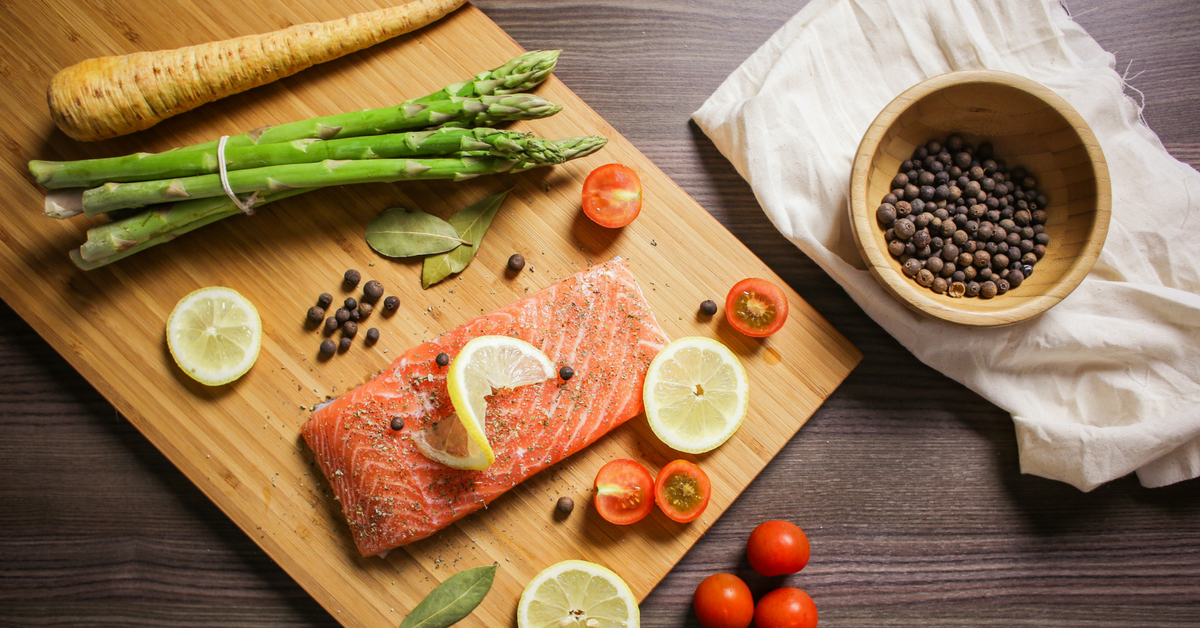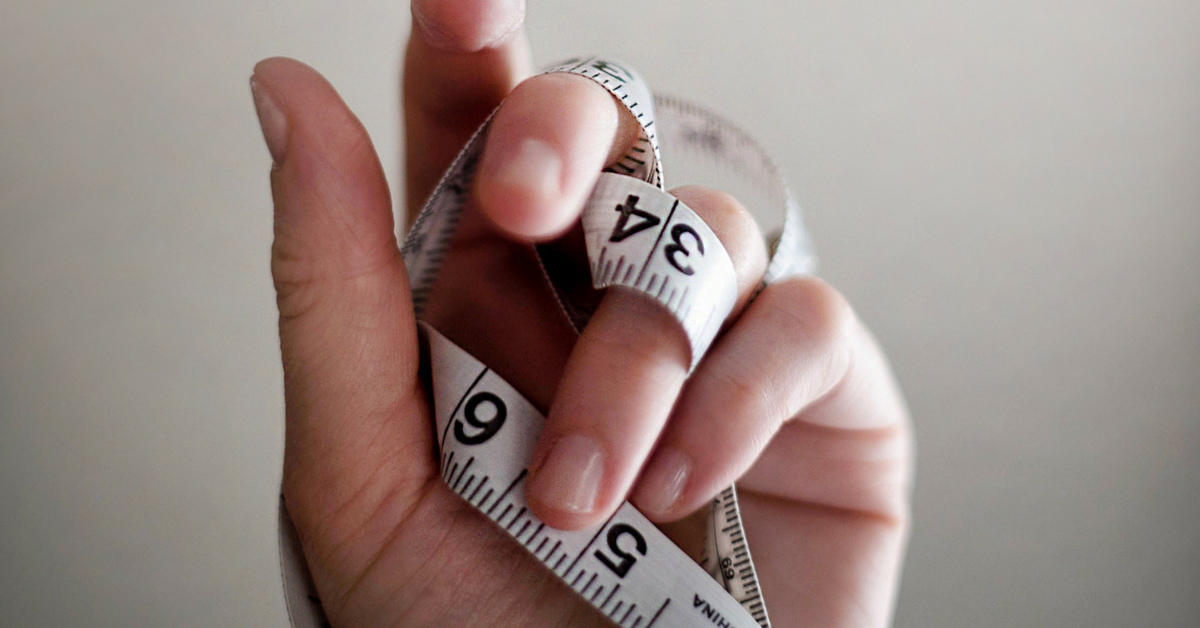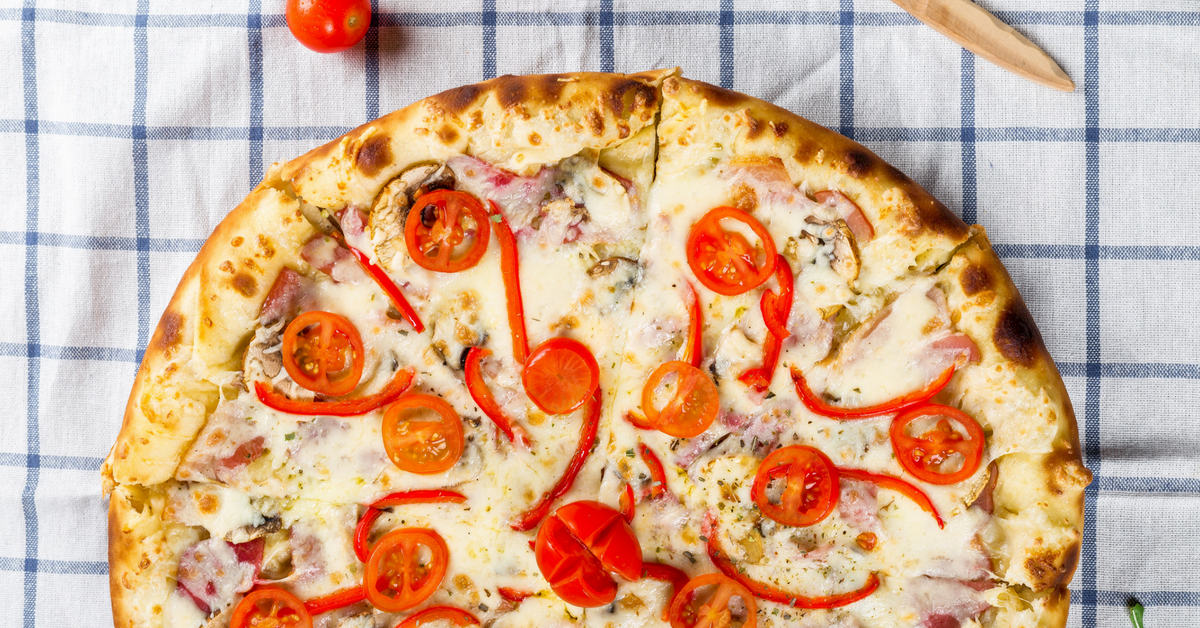1. IIFYM.com interviews Flexible Dieting Contest Prep Coach and Diet Doc Clinician; Tyler Mayer.
IIFYM: For our readers that might not be familiar with you, can you please tell us a bit about yourself?
TNT: I’m Tyler, and I’m a nutrition consultant and strength coach for my company.
Team TNT. I’m also an IFPA pro bodybuilder, competitive powerlifter, and a Diet Doc licensed clinician.
IIFYM: How did you get started in natural bodybuilding?
TNT: I’ve always been an athlete at heart. I was a four-sport athlete (basketball, football, track, and baseball) in high school and eventually played college football. I only played for a year, because I decided to go into the medical field. I had always been active and still hit the gym a lot during my college years, but once I got out of college…I started losing my drive and motivation for working out.
TNT: I’ve always been an athlete at heart. I was a four-sport athlete (basketball, football, track, and baseball) in high school and eventually played college football. I only played for a year, because I decided to go into the medical field. I had always been active and still hit the gym a lot during my college years, but once I got out of college…I started losing my drive and motivation for working out.
I knew that I wanted to stay in shape to both maintain some athleticism and to look good, but doing the same thing day-in-and-day-out wasn’t getting me anywhere. I realized that if I wanted to take my athleticism and physique to the next level that I needed to set some goals and train like I never have before. That’s when bodybuilding sparked my interest.
In 2007, I dove in headfirst and competed in my first show bodybuilding show…and was hooked! What’s ironic, is that prior to stepping on stage, I actually had never even seen a show before! I kept competing and eventually, I earned my IFPA pro card in 2011, then made my pro debut in 2013.
IIFYM: What about powerlifting. I know that you have been perusing powerlifting the last few years. What is it about powerlifting that you prefer over bodybuilding?
TNT: I love powerlifting. It’s definitely a different world compared to bodybuilding but there are pros and cons to both sides. It’s individualistic, it’s measurable, in some ways it’s predictable and it’s rewarding on multiple levels. There’s nothing better than getting a PR that you’ve been working so hard to get for a period of time.
TNT: I love powerlifting. It’s definitely a different world compared to bodybuilding but there are pros and cons to both sides. It’s individualistic, it’s measurable, in some ways it’s predictable and it’s rewarding on multiple levels. There’s nothing better than getting a PR that you’ve been working so hard to get for a period of time.
Additionally, I love powerlifting because you can typically eat more food (assuming you’re not cutting for a weight class) and get stronger at the same time. You don’t have to be stage-lean while prepping for a meet, and because of that, when training for powerlifting, my energy is much higher and I feel a lot better. Don’t get me wrong, I still apply some bodybuilding lifts to my powerlifting programming so I’m not losing progress in that area of my life.

IIFYM: What are your numbers on the big 3? (squat, bench press & deadlift for those readers that don’t know about powerlifting)
TNT: My best powerlifting numbers are: 520lb squat in the gym, 380lb bench press at a meet, 600lb deadlift at a meet.
IIFYM: How about coaching?
What got you into helping others achieve their physique goals?
What got you into helping others achieve their physique goals?
TNT: This might sound cliché but I truly wanted to help people. In Arizona, there were a lot of bad contest prep “diets” floating around and I watched a lot of people get hurt pretty badly. I wanted to spread the word that competitors DON’T have to go to extreme measures to diet for a show and they can STILL come out looking their best ever while enjoying some pleasure foods. Back when the idea of “flexible dieting”/”IIFYM” was still fairly new, the majority of individuals I talked to about it didn’t believe me or the concept.
As a result, I got a lot of criticism for it. I fell in love with coaching pretty hard, particularly when athlete clients would tell me that flexible-dieting changed their lives because of the non-restrictive nature of the process, which aided in developing a better physique than they ever thought possible.
For me, it was never about winning a stack of pro cards, it was about changing lives for the better…about changing minds to become permanently healthier mentally, having bodies heal and develop healthier, and watching clients maintain balance in their lives and in their relationships.
I believe there’s no shame in admitting that even coaches need coaches…Despite being a prep coach for so many others, I HIGHLY recommend all competitors have a trustworthy and quality coach with integrity.
IIFYM: Do you manage your own contest prep diet or do you have a coach?
TNT: I believe there’s no shame in admitting that even coaches need coaches, and I definitely reach out to others when I am prepping for a show, or even for training programs. It’s not a matter of not knowing how to prep a competitor for a show or not knowing how to design a training program, but sometimes I just need to put control in hands I trust so I don’t overthink things.
I also really love the accountability, so when I’m prepping for a show, I have my coach Dr. Joe Klemczewski to guide me to the stage. He’s the one that introduced to me the concept of flexible-dieting a couple of years into my stage career, and he turned things around for me when my contest preps weren’t going well, and I’ve never looked back since. I could diet myself down, without a doubt, but it can become a real psychological battle that’s just exhausting.
I would rather have someone that I trust tell me what to do and take the guess-work out of it for me. I’m sure a lot of people reading this who have prepped themselves can relate to the struggle, and likewise, others can relate to the experience of having a knowledgeable coach by your side and its stress-relieving effects on a prep experience. Despite being a prep coach for so many others, I HIGHLY recommend all competitors have a trustworthy and quality coach with integrity.

IIFYM: What role does IIFYM play into your offseason and contest prep diet? Do you keep it clean most of the time or do you allow yourself to indulge?
TNT: I love the IIFYM approach in the off-season! It allows me to experiment with more varieties of foods and also enjoy the seasons of food: holidays, seasonal flavors and fun limited edition goodies.
I typically eat fairly “clean” 70-80% in the off-season (so I’m getting enough micronutrients through whole veggies and meats), but I do enjoy my fun food equally. I’m a huge lover and indulger of ice cream, and I usually work in (usually) daily. I love flexible dieting!
IIFYM: What about your clients? Do you encourage them to keep it clean most of the time or do you see a benefit in allowing some “cheat” type foods in to help?
TNT: I’m a big advocate of eating more whole foods that are nutrient-dense first before deferring automatically to “cheat-type” foods. Those who are dieting-down for competitions or significant fat-loss gravitate towards cleaner and more whole-food-based choices, and as a result, many experience an overall sense of satiety, energy, and fullness.
I do advocate for variety throughout the day and week because balance is healthy and it’s key for a well-rounded diet, but for sanity and saving social graces, I realize and encourage that partaking in pleasure food is important too. The qualifier to that belief, though, is in implementing careful strategy and not falling into “loose-tracking”—that’s the pitfall and often the gateway for over-indulging in craving-based treats that for some can lead to excessive over-indulging and into all-out binging sessions.
It’s been my experience that one has to have a pretty strong mindset, approach and strategy for curbing cravings or lightly indulging within control, and I think every individual can achieve that. But, I am a believer of integrating small portions of pleasure foods to build a more controlling and healthy relationship with trigger foods than all-out restriction. Restriction is a powerful thing, and time and time again it’s proven that saying “NO” causes a tremendous (and sometimes unavoidable) inability to have the off-limits item.
Lastly, I believe the IIFYM concept is often mis-contextualized and misunderstood. A lot of flexible-dieters attempt to make a point to non-flex-dieters that one can make progress while eating designated “bad foods”, and that’s what others come to believe: that the whole IIFYM approach consists of the junk food they’ve been presented in those advocating arguments…and that’s inaccurate.
Having a diet consisting of macro-dense, low-volume pleasure foods can set new flex-dieters up for failure and over-indulging, so I recommend new flex-dieters to really research and seek out a coach that will demonstrate and provide the resources to implement this successfully from square 1.

IIFYM: What are your thoughts on refeeds vs. cheat meals?
TNT: I like the idea and term “refeeds” more than “cheat meals”. Refeeds are more controlled, can be explained as purposeful for athletes, whereas “cheat meals” have a negative connotation hovering around “NO-NO foods”, are uninformative about their scientific purpose on the body, and can lead to total destruction.
During the off-season, or for some clients transitioning into a maintenance phase, I also implement “relaxed meals” occasionally that are strategically untracked, SINGULAR meals—typically used in conjunction with family and social events.
There’s a degree of criteria that’s outlined as it’s part of the process of working with my client to build a strong mindset around this untracked eating experience, but it’s also about pushing for growth and release of responsibility, mindfulness, and the power of their learned knowledge to enjoy the meal stress-free but mindfully and balanced, too. Immediately after, we’re right back to tracking so there’s no hope for spinning out of control.
I won’t designate an amount of protein that makes my clients feel like they’re stuffing themselves. That can leadn to discouragement and defeat in my experience.
IIFYM: Let’s talk macros for a minute.
What are your thoughts on protein consumption? Many people subscribe to 1 gram per lb of body weight, while guys like Dr. Joe go closer to .75 grams per lbs of lean mass, as he talked about in this awesome interview. IIFYM interview with Dr. Joe Klemczewski. What is your take on setting protein for your clients?
What are your thoughts on protein consumption? Many people subscribe to 1 gram per lb of body weight, while guys like Dr. Joe go closer to .75 grams per lbs of lean mass, as he talked about in this awesome interview. IIFYM interview with Dr. Joe Klemczewski. What is your take on setting protein for your clients?
TNT: Honestly, I don’t really have a specific protocol that I give clients when it comes to protein amounts. I like to evaluate their history and overall goals before determining an amount.
Every EVALUATION is different: sometimes competitors have higher amounts compared to someone just looking for fat-loss, or if someone is used to a higher protein intake by preference, I consider that, likewise if someone explains they’ve always had a hard time getting in adequate amounts of protein, I won’t designate an amount that makes them feel like they’re stuffing themselves with protein: that leads to discouragement and defeat in my experience.
Additionally, sometimes medical conditions and circumstances play an important role in those designations—that’s all informed, educated knowledge that I bring to my efforts when calculating.
IIFYM: What about carbs?
Being one of your clients, and because I know many of the people you work with, and though I have to say that I don’t know of many coaches that have a client list that is as shredded as yours is. You seem to have loads of clients that are not only getting diced with IIFYM, but also eat tons of carbs while doing it. Do you think this has more to do with the individuals or your own contest prep system?
Being one of your clients, and because I know many of the people you work with, and though I have to say that I don’t know of many coaches that have a client list that is as shredded as yours is. You seem to have loads of clients that are not only getting diced with IIFYM, but also eat tons of carbs while doing it. Do you think this has more to do with the individuals or your own contest prep system?
TNT: There are a lot of variables for how one intakes, adjusts to, and maintains their general carbohydrate intake. In my experience, a lot of individuals can’t handle a large quantity, some don’t need to, so it’s important to handle that intake carefully. Not all of my clients have a large carb intake, but many start their diets with a higher intake and as they approach and achieve their goal, they are at a relatively low intake.
Others, however, start low and over time are able to progress it upwards. Many initial clients who come to me with existing low-intakes and express a desire to prep for a show, are often turned down and we go through a process of reevaluating wants/desires/dreams versus the absolute need for HEALTH. With that in mind, I’ve had tens and tens of competitors and athletes hold tight to their goals, but defer their competition date in order to rebuild metabolically with a progressive experience of adding in calories while maintaining leanness and conditioning.
This approach allows for them to come in with more preserved muscle-mass, general leanness and conditioning while maintaining a healthier-functioning body, and 100% of the time they place better because of these variables. In my experience of coaching people over the years, those that work with me the longest and do many shows together, typically end up eating a lot more carbs coming into shows.

IIFYM: Let’s talk about reverse dieting and metabolism damage. There are many contest prep coaches that swear by it and many naysayers that hate the concept. What are your thoughts on reverse dieting?
TNT: I’m a fan of reverse-dieting but it really depends on the person too. There are some people that just need to increase food at a slower rate simply because of the psychology aspect of it. Some have a huge panic attack if you tell them to eat at maintenance levels. For someone like that, I’ll give them smaller, gradual increases to prevent rapid weight gain and to let their body adjust to the intake before increasing again.
Other clients can handle more aggressive jumps; I’ll have them go into maintenance much quicker to jump-start their off-season more quickly.
When dieting-down, I believe metabolic adaptation is 100% real.
When dieting-down, I believe metabolic adaptation is 100% real.
As one diets down and loses weight, studies have proven the metabolic rate will slow down because of lesser overall mass on the body—because of this decrease in mass, the metabolism naturally doesn’t NEED as much energy to maintain homeostasis…so it adapts. But this adaptation doesn’t last forever, either, it can increase again.
I know research is being done on this topic, specifically, without definitive answers (yet) so I can only speak anecdotally about my experience with clients.
Though I have to admit, initially I WAS skeptical of metabolic “damage” or “adaptation” concept until I worked closely, in person, with a client who was a seasoned bikini competitor. Prior to that when I had had potential clients approach me 1) eating very little and 2) claiming to be unable to lose weight, I’d assume that they were binging or not being truthful.
Though I have to admit, initially I WAS skeptical of metabolic “damage” or “adaptation” concept until I worked closely, in person, with a client who was a seasoned bikini competitor. Prior to that when I had had potential clients approach me 1) eating very little and 2) claiming to be unable to lose weight, I’d assume that they were binging or not being truthful.
Before I started working with this experienced bikini competitor, closely, she was eating about 700 calories a day and doing 2-3 hours of cardio a day…she had been doing this for TWO YEARS! (I don’t know how she survived that long!) Because we were working closely in proximity together, I knew she wasn’t binging. Progressively over a 2 year period of time, she did gain about 25 pounds during her reverse.
Now, 3 years later, she’s lost all of that weight-gain, has added muscle mass, and is now eating almost triple her 700-calorie intake. Throughout the reverse process, she rarely had decreases in food and had minimal (almost no) cardio.
IIFYM: Tell us about your approach to cardio. Hiit, LISS or both? How often?
TNT: I like to have my clients do as little cardio as possible while eating the highest macro-intake they possibly can while consistently making progress. I prefer HIIT over LISS cardio but I have them do both, for purposeful reasons.
There are trends that have been true to inform a lot of my process with clients, like, if a competitor trains legs often throughout the week, typically they’re getting beat down pretty badly and adding in large sessions of moderate of LISS leg-based cardio can compound issues for recovery. By adding HIIT, many competitors can take more of a beating on the legs since the HITT session can be close to a leg workout by itself.
I’m also a fan of bringing in LISS to help with recovery–how much depends on the person and the goal. Typically, I have some of my competitors doing more as they get closer to a show, but it’s a process of working the sessions up in quantity over the entire prep process than starting a prep with a ton. I like to keep LISS sessions no longer than about 40 minutes at a time, and I’ll have advanced competitors do as many as 15 intervals in a HIIT session.
Again though, it depends on the competitor, the goals, the timeline, and for most competitors: each prep is different!
Again though, it depends on the competitor, the goals, the timeline, and for most competitors: each prep is different!

IIFYM: How much time do you usually like to give your clients to diet down for a show?
TNT: In my experience, 100% of the time: the more time that we have, the better the outcome. If they take the time to get ready for a show, their bodies will come in much LEANER, HARDER, and eating MORE food because of it (who wants to starve?) Those that are in panic-mode, are trying to cut a lot of weight to make the stage…typically look flatter, lose more muscle mass, and aren’t as lean.
I use macrotracker.com to track my macros. But when it comes to designating my personal or clients macros: no, I don’t use any website or calculator for that. I like to get a thorough history of the person and use informed knowledge for designating macronutrient numbers.
IIFYM: Do you rely on websites like MacroTracker.com to calculate your macros or can you just eyeball it?
TNT: If you’re referring to tracking MY PERSONAL macros, yes, I use Macrotracker.com to track my macros. But when it comes to designating my personal or clients macros: no, I don’t use any website or calculator for that. I like to get a thorough history of the person and use informed knowledge for designating macronutrient numbers.
IIFYM: What supplements do you encourage your clients to take while dieting? What about offseason?
TNT: I’m a huge fan of the quality and results from Core Nutritionals products. I’ve always firmly believed in the company and the quality of supplements they put out on the market…eventually, I was able to earn sponsorship from them!
TNT: I’m a huge fan of the quality and results from Core Nutritionals products. I’ve always firmly believed in the company and the quality of supplements they put out on the market…eventually, I was able to earn sponsorship from them!
The supplements I recommend while dieting are: Core ABC’s (aminos), Core PRO/ISO (protein), Core Fury Extreme (pre-workout), and their creatine monohydrate. In general, to ALL my clients, I recommend a good multivitamin, fish oil, and a fiber supplement (only if they need the added fiber.) In the off-season, add Core Alpha and Core Hard to the mix.
IIFYM: Who are your sponsors and how have they helped you get where you are?
TNT: I have two sponsors that have treated me extremely well, and as the fitness industry has shifted and changed, I can sincerely say it’s an honor to be part of both of their teams.
The first is Core Nutritionals. Doug Miller and the Core team are very respectable in the fitness world and they are growing at an exponential rate. They have always been very helpful with putting the TNT name out there and on social media. Just that support alone goes a long ways with me.
The second is MyOatmeal.com. This one goes out to you personally, Anthony. I don’t think I would be where I am today if it wasn’t for Anthony Collova and MyOatmeal.com. Anthony has helped me tremendously with business mentorship and just being an awesome friend and confidante. By being part of the MyOatmeal.com family, I have learned a thing or two about what quality of service is and how it should be provided to customers, which I’ve in turn provided to my own clients. I can’t thank you enough for everything!

IIFYM: These next questions are from our followers on the IIFYM facebook page. We call this part of the interview “rapid fire”. Feel free to be as brief as possible.
-What is your favorite cheat meal?
Sushi or pizza, and on the regular: ice cream
Sushi or pizza, and on the regular: ice cream
-What are the lowest your calories get while dieting?
Lowest for me, ever, (and about a week in length before an increase) was 2000 calories…not my favorite range of macros!
Lowest for me, ever, (and about a week in length before an increase) was 2000 calories…not my favorite range of macros!
-What is the most food you have ever consumed in a day?
Years ago, if I had to guess, I probably have put down 10k or so calories in a day before…also, not my favorite experience.
Years ago, if I had to guess, I probably have put down 10k or so calories in a day before…also, not my favorite experience.
-How do you “grow into a show”?Eat MORE food and keep WATER HIGH!
-How many hours do you spend in the gym each day?
1.5-2 hours tops a session, 4-5 times a week depending on my workout for the day and how much time I need to recover between sets.
1.5-2 hours tops a session, 4-5 times a week depending on my workout for the day and how much time I need to recover between sets.
-Do you follow a periodized program?
Sure do!
Sure do!
-What kind of volume and frequency works best for your body?
High frequency, higher volume over time seems to respond better with my body.
-Does your training change when you start dieting for a show?
Typically not when I start the diet. But changes over the course of my prep.
-What are your thoughts on Crossfit?
When performed appropriately and in a safe manner, I don’t see anything bad with it. But…personally, I don’t have much interest in it; it’s just not for me.
-What is your favorite machine or apparatus at the gym
Squat rack
When performed appropriately and in a safe manner, I don’t see anything bad with it. But…personally, I don’t have much interest in it; it’s just not for me.
-What is your favorite machine or apparatus at the gym
Squat rack
IIFYM: Thank you for your time and insight Tyler! If someone wants to hire you as a coach, how do they contact you?
Originally posted 2019-01-29 03:44:51.

No comments:
Post a Comment